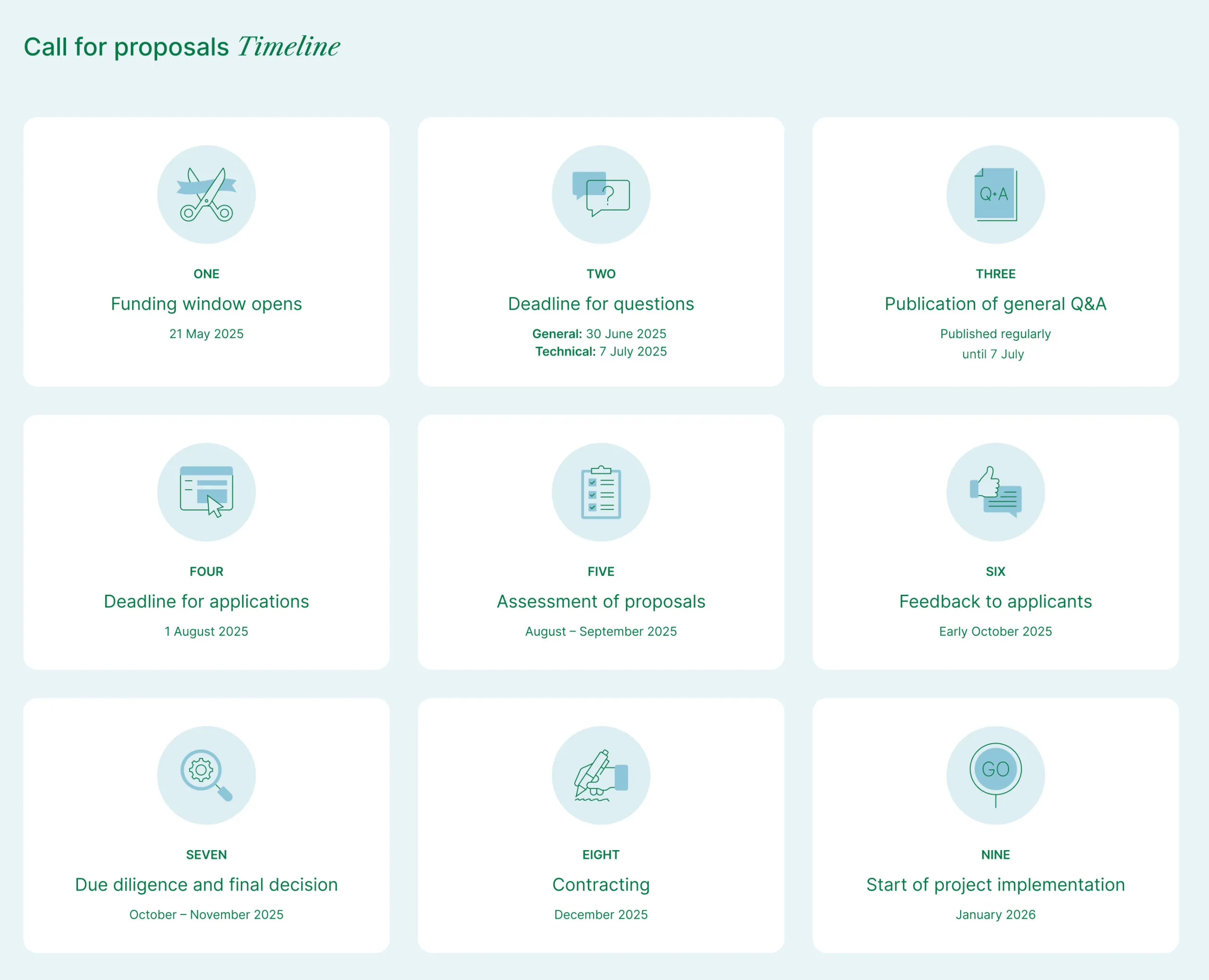
PURE Growth Fund
Market development for productive use of renewable energy in agri-food value chains
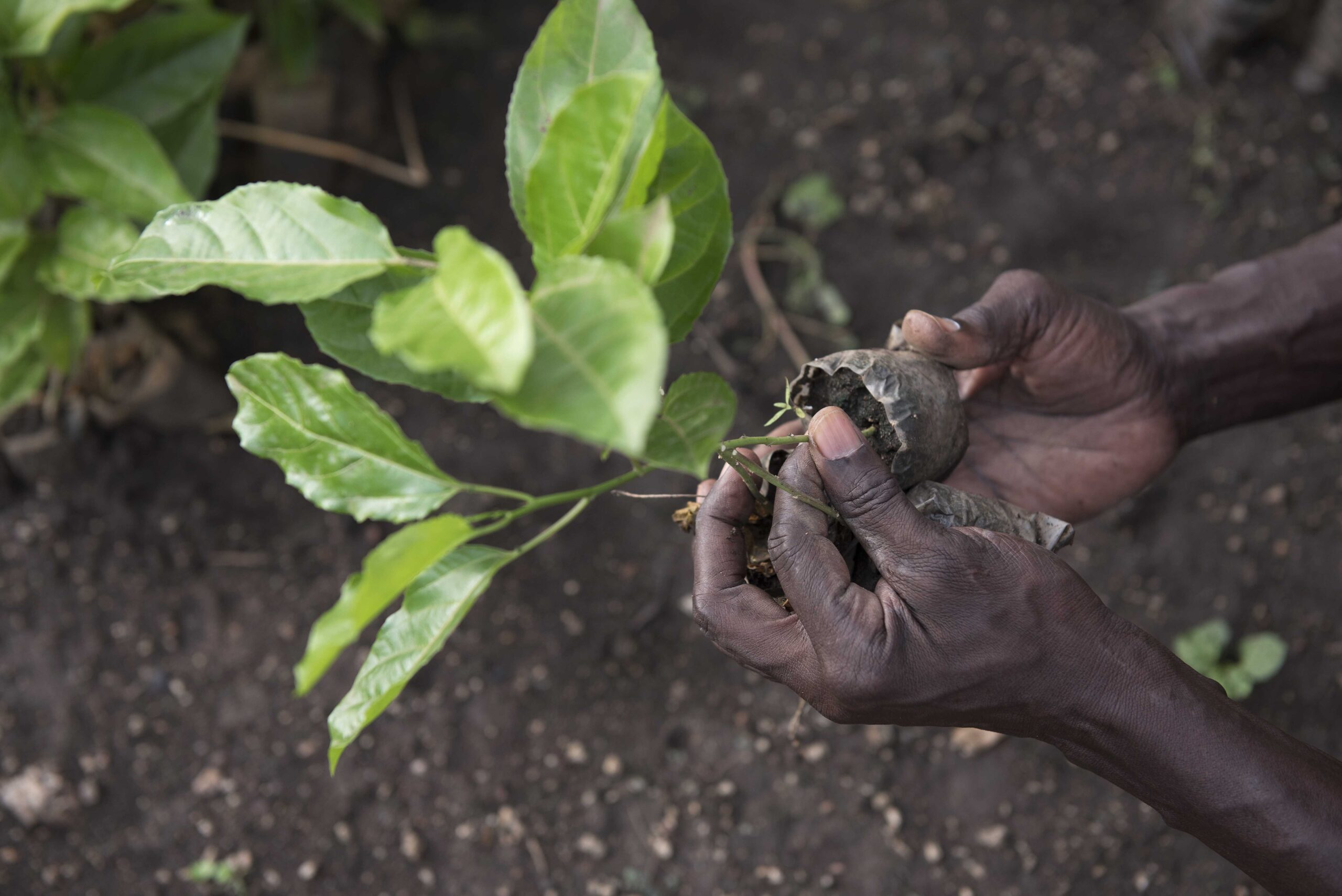
About this
Programme
Productive use of renewable energy (PURE) offers the opportunity to lock in low GHG emission development pathways for rural areas of countries in sub-Saharan Africa and Asia, improving livelihoods, increasing income and building resilience to future threats such as the current triple energy, food and finance shock.
Agri-food value chains offer opportunities for enhancing low-carbon economic development and adaptation measures in a key sector to achieve the SDGs and improve the socio-economic situation in target markets. Through PURE Growth we aim to make PURE technologies accessible and affordable for marginalised groups to increase local yields, reduce food waste and add to local value creation and incomes, creating tangible, long-lasting impact.

PURE Growth One
- Comprises initial funding of up to EUR 2.5 million in total
- Incentive Capital of EUR 250,000 to 1,000,000 over three-years
- Focused on for-profit, growth stage companies with a minimum revenue of EUR 50,000 and a maximum revenue of EUR 10,000,000
- Productive use technology is already at the core of their business, or will be sufficiently additional to the core business
- Companies need to be able to demonstrate co-financing in their business plan
- Applicants must be registered in Tanzania at the time of contracting
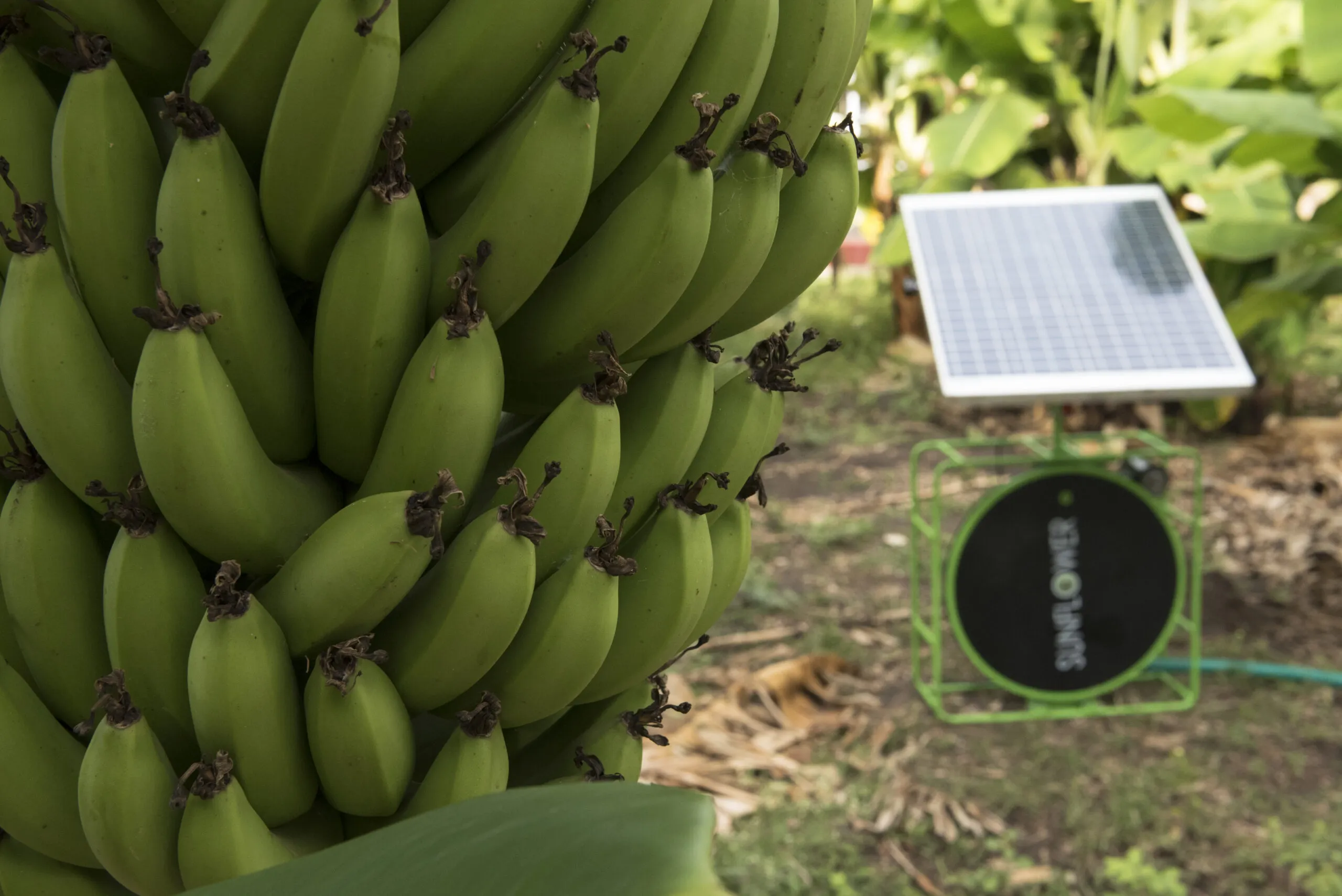
Our experience
PURE Growth draws on the approach proven by the transition from REEEP’s design of the Beyond the Grid Fund Zambia (BGFZ, 2016-2022) into the Beyond the Grid Fund for Africa, now operating in six sub-Saharan countries, and on REEEP’s 2015-2017 investment portfolio, ‘’Powering Agrifood Value Chains”, which was a forerunner in supporting the water-food-energy nexus comprising eight high-potential SMEs active in Asia, Eastern Africa and Central America. REEEP is further utilising our expertise in taking early-stage markets from commercial demonstration through to competitive deployment at scale and applying it to the agricultural sector.
Agri-food value chains offer opportunities for enhancing low-carbon economic development and adaptation measures in a key sector to achieve SDGs and improve the socio-economic situation in target markets. We aim for increased adoption of PURE assets for marginalised groups with the potential to increase local yields, reduce post-harvest loss and add to local value creation and incomes, among other aspects. A variety of clean energy solutions have emerged, proving that off-grid renewable technology can be effective in these settings – e.g. cooling solutions extending the life span of agricultural yields or utilisation of biomass or similar for energy from agri-food production processes.
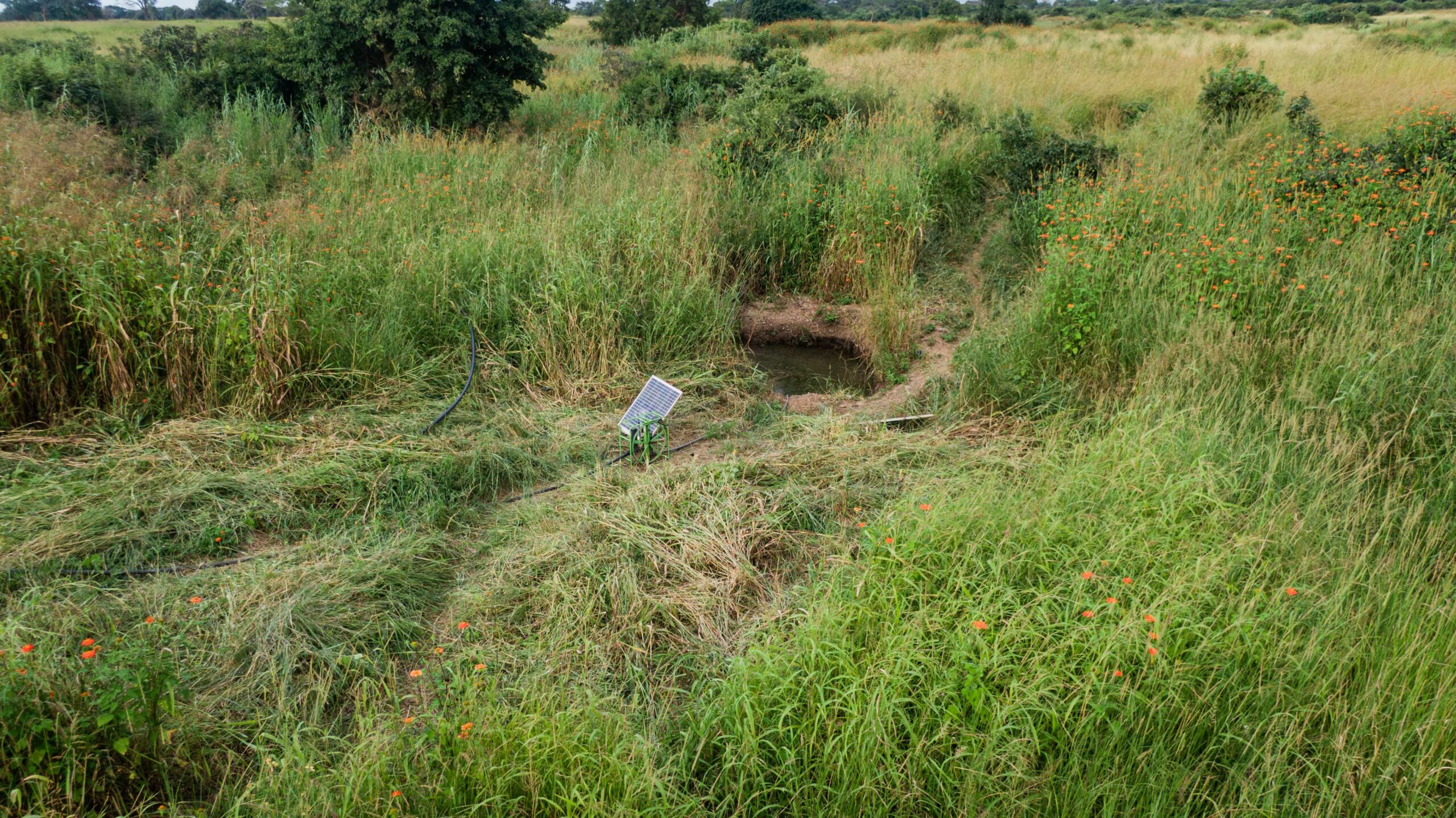
PURE opportunities
In other cases, the use of PURE appliances can create new business opportunities for people to become agri-food entrepreneurs, providing a processing service such as milling or pressing or cooling solutions such as solar-powered cold storage facilities where neighbouring farmers or fishing communities pay a fee to store produce. Such facilities can reduce waste, and there are considerable potential gains to be made in waste reduction: an estimated 30% of food produced globally is lost post-harvest.
Following a thorough research process spanning sub-Saharan Africa, REEEP has selected Tanzania as the first country of implementation with the Call for Proposals currently open. Our experience with BGFZ and BGFA has proven that a successful model can be replicated and adapted to each countries’ individual needs. Leveraging this experience, we have designed PURE Growth with the intent to scale to a multi-country programme.
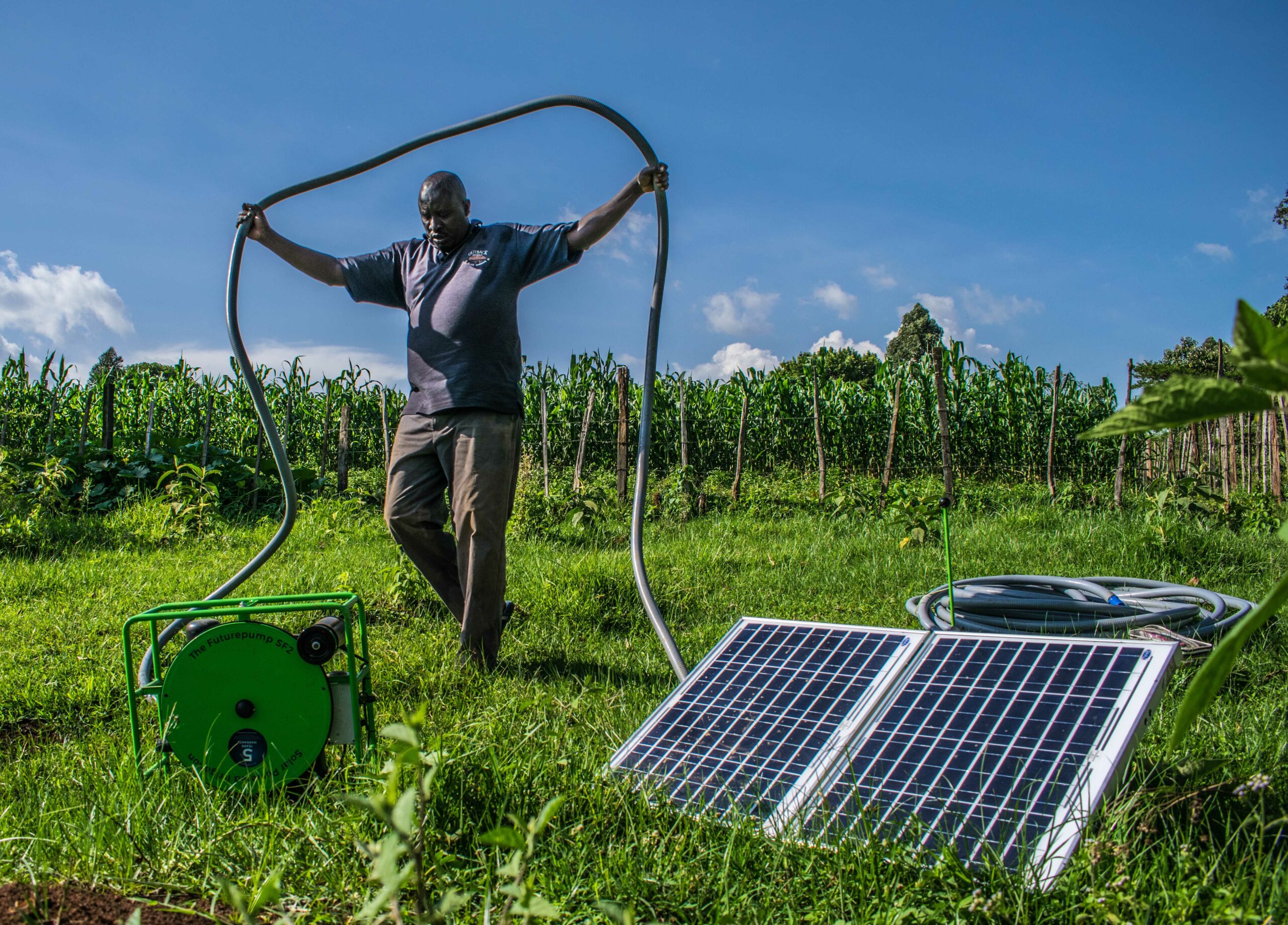
Our Holistic Approach
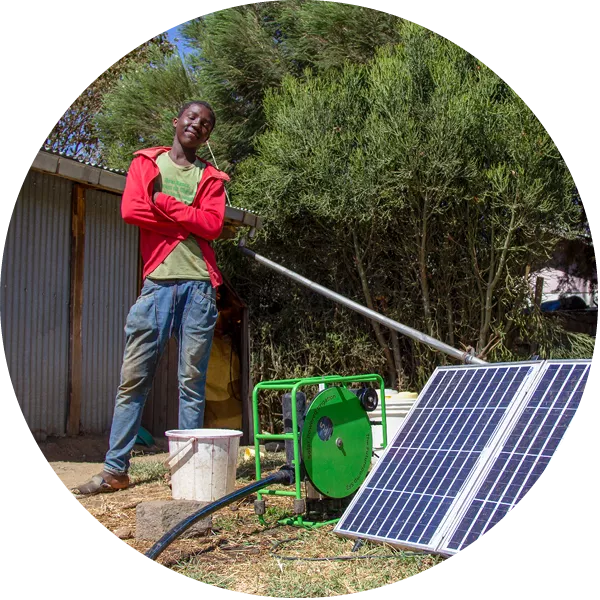
Mobilising private finance
Through direct support to private sector market players including impact-based financing and technical assistance that reduces business costs and risks and information gaps.
Facilitation of a market learning effect
Through collection, aggregation and sharing of data, contributing to the reduction of risks, filling information gaps for the public and private sectors and providing evidence for impact and opportunity along with an increased understanding of trends and market characteristics.
Catalysing private finance
Through structuring financial instruments to local banks, enabling them to engage in financing of green projects and businesses (including e.g. guarantees, hedging instruments, deferred payment letters of credit etc., depending on the market).
Targeted engagement of policy makers and stakeholders
To support a coordinated improvement of market conditions in the medium-to-long term through policy changes, improved understanding of market characteristics, gaps and opportunities, as well as mobilisation of both international and local financial sectors and offering a basis for evidence-based decision-making.
Funder

